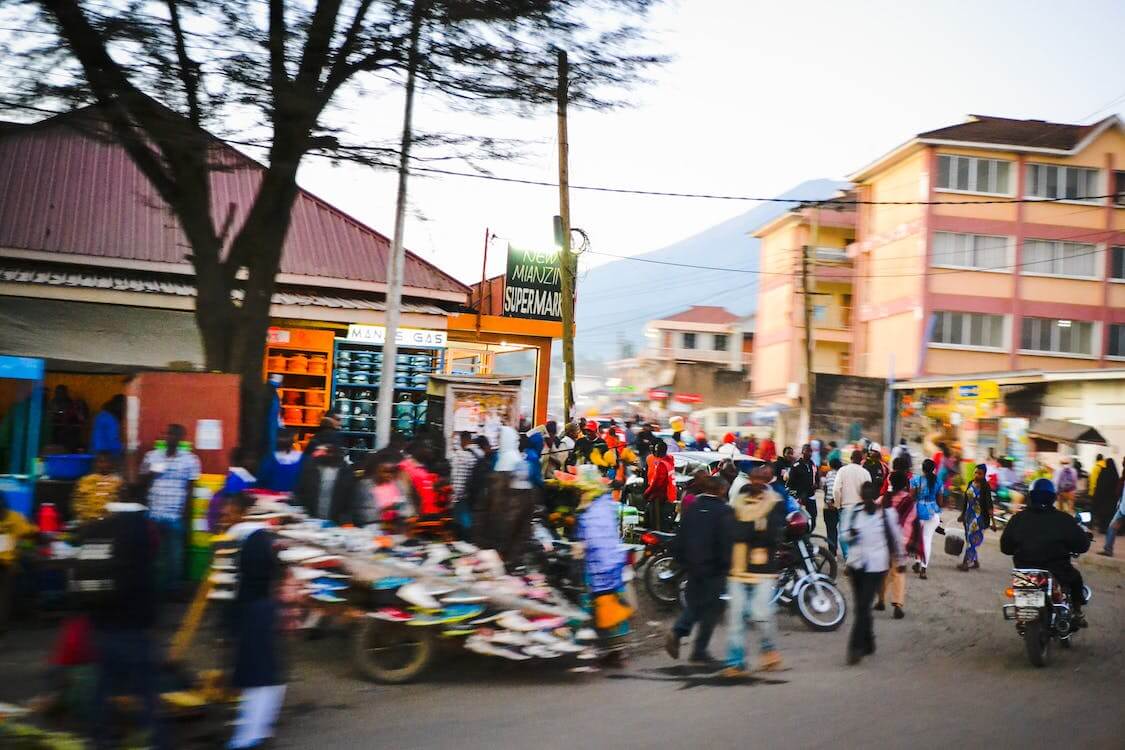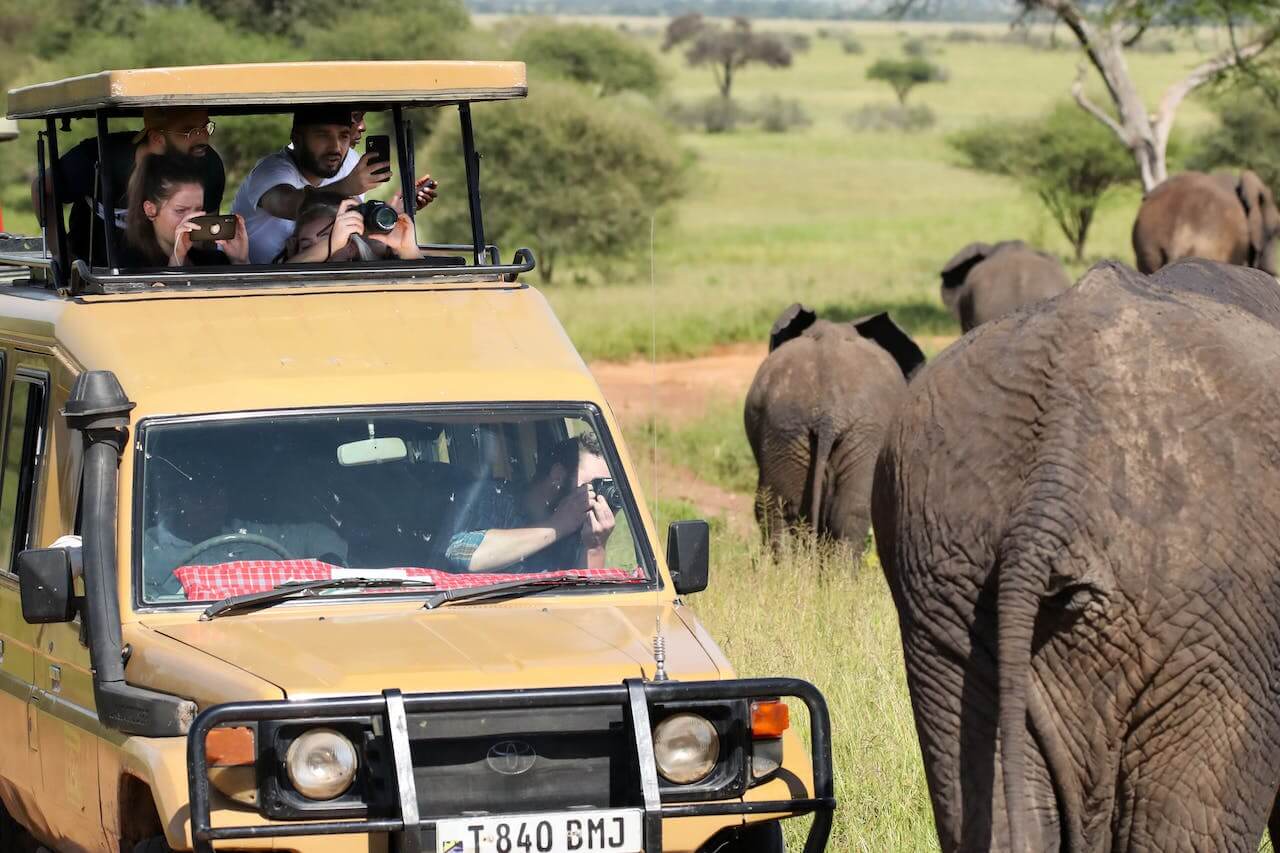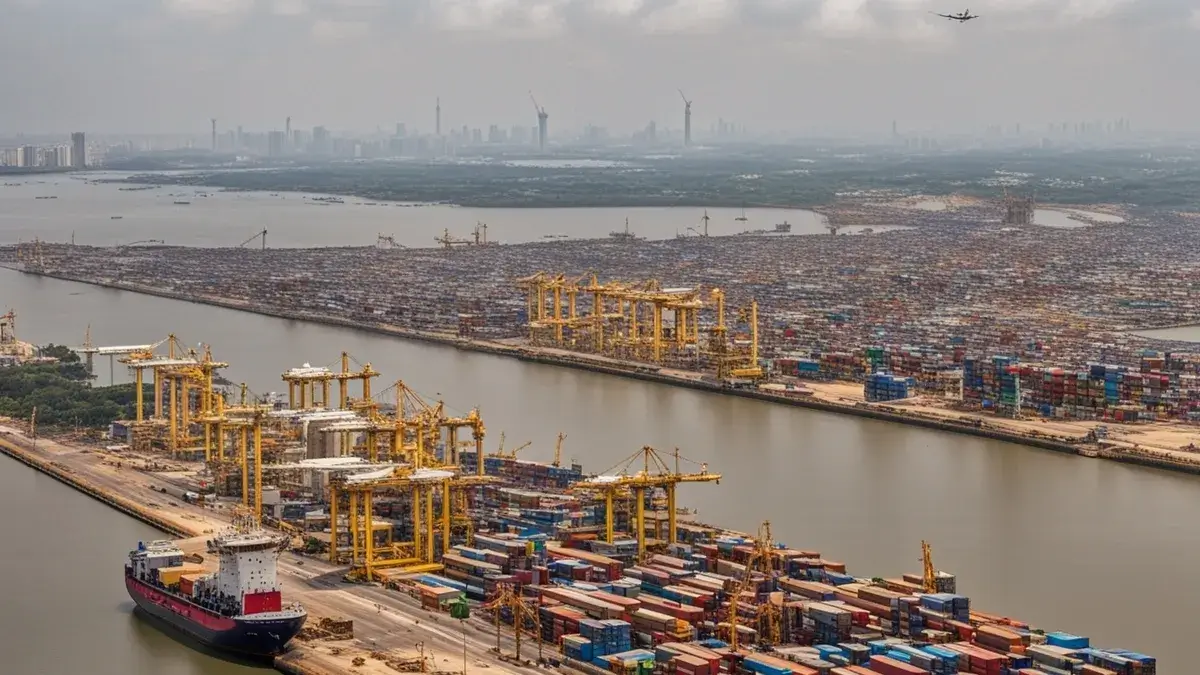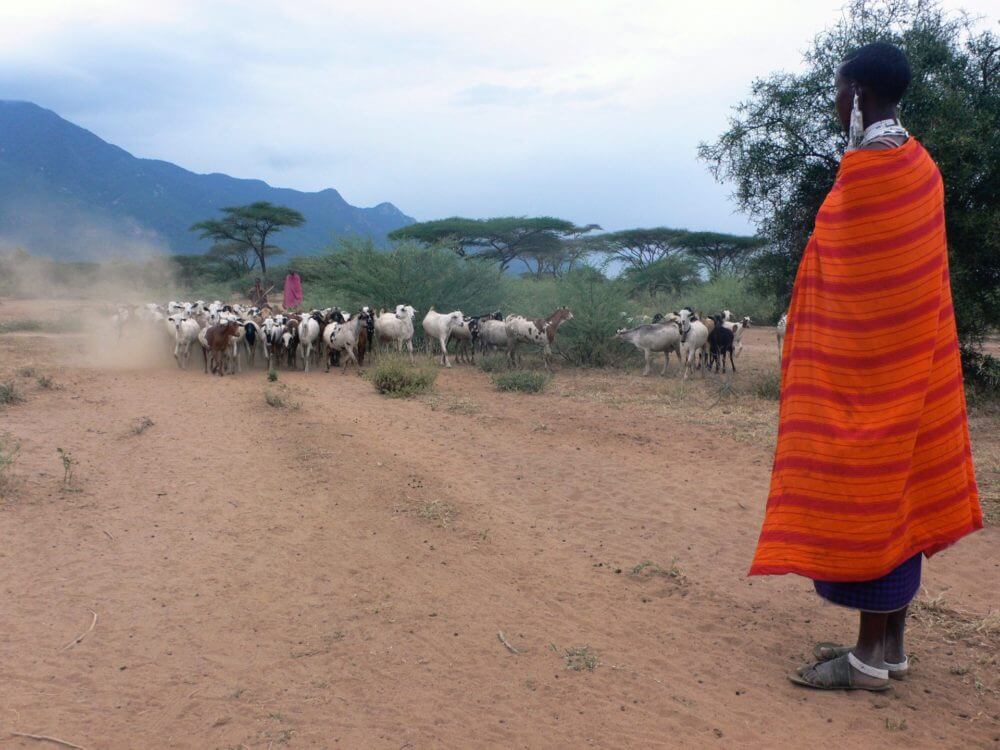Uganda’s economic indicators spell better conditions for the private sector and business compared to other countries in the region, according to an expert study, the Africa Trade Barometer (ATB). Uganda’s overall macroeconomic conditions are “average with a slight positive outlook relative to the other countries in the Stanbic Bank Africa Trade Barometer.” “As such, Uganda’s macroeconomic conditions have a moderate to positive impact (neither too positive nor too negative) on its overall tradability attractiveness,” says the just-issued report, courtesy of the Standard Bank Group. The favorable conditions cited include the economy and the growing foreign direct investments (FDI) net inflows, which have been recovering from the worst effects of the COVID-19 pandemic and a relatively low inflation rate, compared to other countries covered by the ATB. While these factors have had a positive impact on the country’s tradability attractiveness, there are other variables that have had a negative impact, according to the report. These include merchandise trade, which still forms a relatively small portion of Uganda’s GDP and thereby signals a low level of trade openness as well as a low share of exports as a percentage of GDP. It adds that although businesses in Uganda are optimistic about the future performance of their economy, Uganda’s business confidence score of 57 remains slightly below the average of 58 for SB ATB markets. The positive outlook adopted by Ugandan businesses arises from the expected positive economic growth rate that is relatively higher than the average for Sub-Saharan Africa. The weaknesses of...
Uganda, East Africa traders hopeful as global shocks ease
Posted on: November 10, 2023
Posted on: November 10, 2023



















